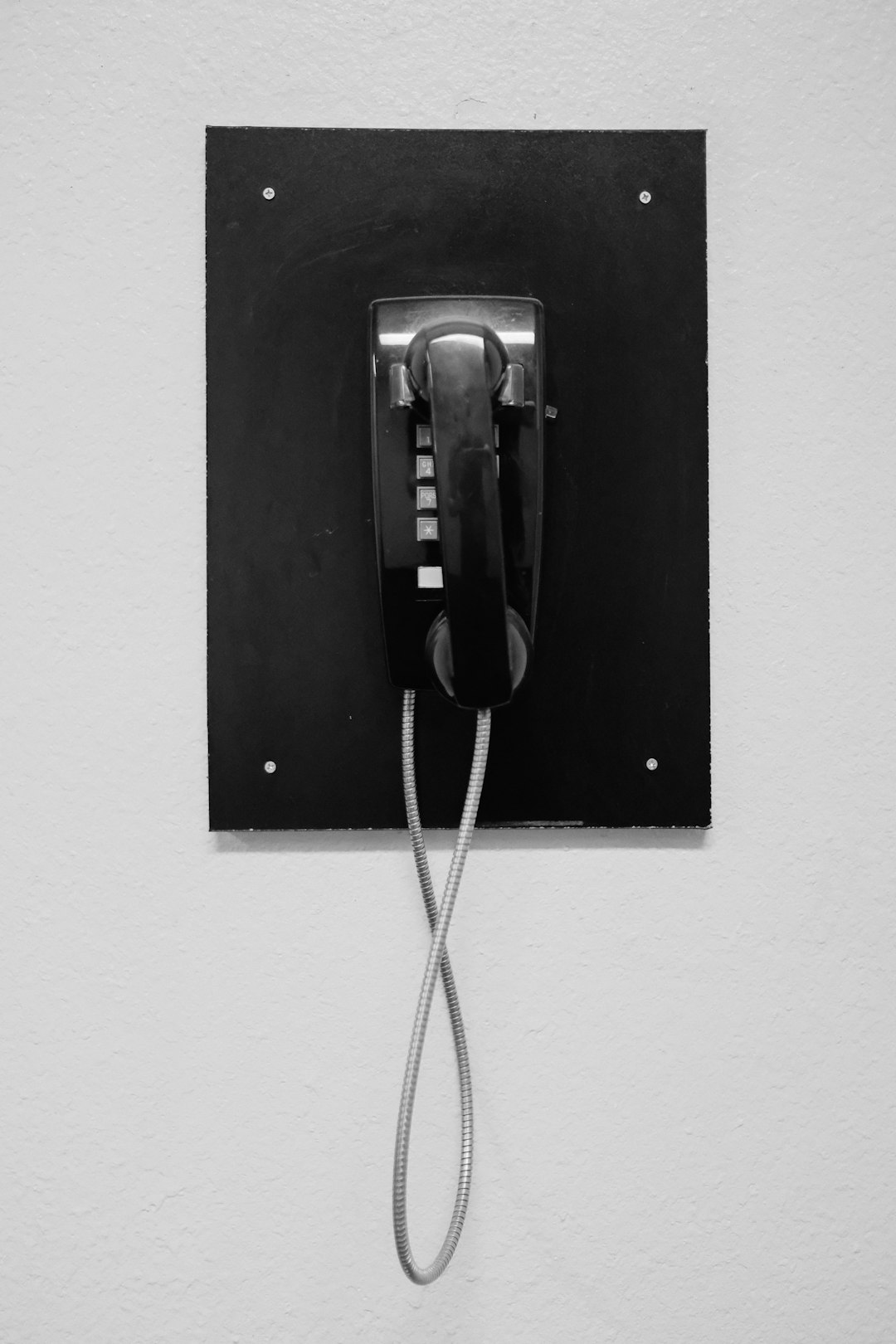The Fair Debt Collection Practices Act (FDCPA) in Mississippi protects consumers from abusive debt collection practices by setting clear guidelines for collectors, regulating contact frequency, language usage, and required disclosures. Debtors can dispute debts and demand validation, while collectors must avoid threats, false statements, and unwanted calls. Mississippi's debt collector laws further restrict communication times and provide a pathway for consumers to file complaints if their rights are violated, ensuring a fair and transparent process under federal and state regulations.
Understanding the Fair Debt Collection Practices Act (FDCPA) is crucial for both debt collectors and consumers in Mississippi. This federal law governs how debt collectors can interact with debtors, ensuring fair and ethical collection practices. In this guide, we’ll explore what the FDCPA entails, delve into the specific regulations affecting debt collector activities in Mississippi, and highlight your rights under this powerful consumer protection legislation.
What is the Fair Debt Collection Practices Act?

The Fair Debt Collection Practices Act (FDCPA) is a federal law designed to protect consumers from abusive, unfair, or deceptive practices by debt collectors. Enacted in 1977, this legislation sets clear guidelines for how debt collectors in Mississippi and across the nation can interact with debtors, ensuring that the process remains fair and transparent. The FDCPA regulates various aspects of debt collection, including when and how debt collectors may contact consumers, the type of language they use, and the information they must disclose.
Under this act, debt collectors are prohibited from engaging in practices such as using abusive or threatening language, making false statements about the debt, or calling at unreasonable times or places. They must also provide debtors with the right to dispute the debt and verify its accuracy. By understanding and adhering to these rules, debt collectors in Mississippi can ensure they operate within legal boundaries, while debtors are protected from harassment and misinformation, fostering a more equitable resolution of outstanding debts.
Debt Collector Regulations in Mississippi

In Mississippi, debt collector regulations are governed by the Fair Debt Collection Practices Act (FDCPA) and other state-specific laws. These rules ensure that debt collectors treat consumers fairly and ethically during the collection process. The FDCPA prohibits abusive, unfair, or deceptive practices, such as harassing calls, false representations about the debt, and threats. It also mandates that collectors provide validation of the debt and cease collection efforts if the consumer disputes the debt in writing.
Mississippi’s debt collector laws further protect consumers by setting specific guidelines for when and how debt collectors can contact them. Collectors must identify themselves and the entity they represent, and they cannot call before 8 a.m. or after 9 p.m., unless the consumer agrees to different hours. Additionally, collectors cannot use threatening language, attempt to collect interest or fees not authorized by the original contract, or use false or misleading statements. Consumers who believe their rights have been violated can file complaints with the Mississippi Attorney General’s Office and seek legal recourse.
Your Rights Under the FDCPA

When it comes to your rights as a consumer in Mississippi, the Fair Debt Collection Practices Act (FDCPA) provides significant protections. This federal law outlines strict guidelines for debt collectors, ensuring they treat consumers fairly and respectfully during the collection process. Under the FDCPA, you have the right to request validation of your debt, meaning a debt collector must provide proof that the debt is indeed yours and due. You can also demand that communication regarding your debt be ceased if you feel it’s inappropriate or harassing.
Furthermore, the law restricts debt collectors from making false or misleading statements, using abusive language, or engaging in unfair practices like calling at unreasonable times or using threats to collect a debt. It’s important to know your rights and understand the boundaries set by the FDCPA to ensure fair treatment during any debt collection interactions. Mississippi residents should be aware of these laws to protect themselves from unethical debt collection practices.






